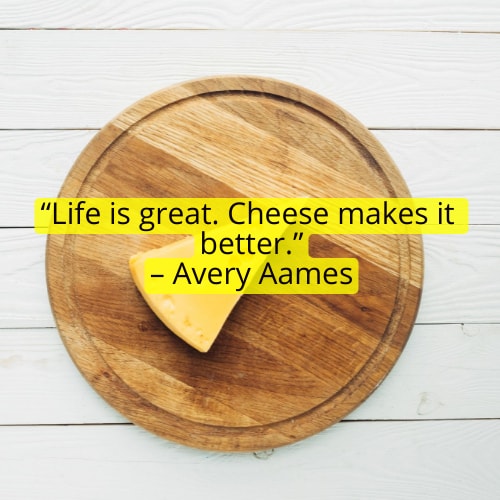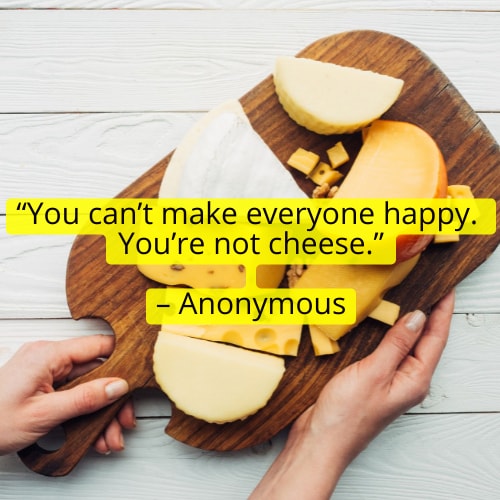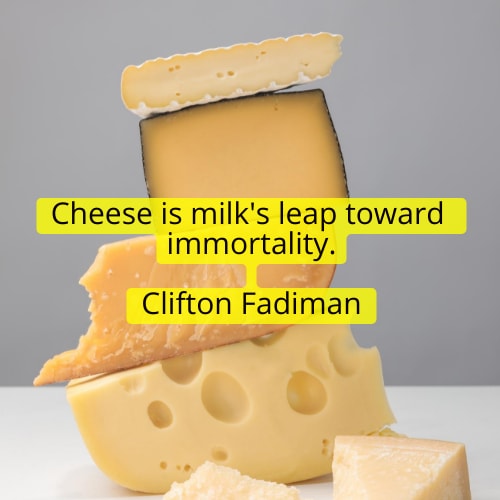Paneer, Chhena, Churu, Bandel — ‘Indian Cheese Bada Hai Mast’, Writes Kunal Vijayakar
My father used to be out at sea, and got us spoilt on the foreign loot he would bring in every time he got home. Chocolates, sauces, tinned beans, canned sausages, luncheon meat, corned meats, and cheeses. Later on, when he took a shore job at the Mazagon Docks in Mumbai, the frequency of the goodies got even more regular. That’s because we did not have to wait for him to return. With any and every ship that came to port from a distant land, came precious cargo. Cargo that, till that time, was hard to come by locally.
Yes, I loved the Toblerones, Dak sausages and the Spam, but the most silken and creamy was the cheese. Not just any kind of cheese, wax bound, great balls of gouda, wheels of cheddar, red wrapped Baby Bell, and above all Kraft.
Kraft Cheese sealed in cerulean blue cans, with the legend emblazed in yellow, were a status symbol. To have a tin of Kraft Cheese on your table meant that you and your family had arrived. Kraft Cheese cans looked impressive, the cheese was massively processed, bright golden yellow, deliciously sharp, silken smooth and soft as hell. It beat the hell out of the Amul or Vijaya Cheese we bought locally. Though, since no one read the fine print on the can, no one realised that the cheese, in all probability contained, no milk or dairy at all. In reality nowhere on any of the packaging of Kraft Singles, today, does the product claim to be cheese. It calls itself an “American cheese product”. Which is like calling, what should be called an ice-cream, a “frozen dessert” made with pure vegetable oils. Nevertheless, we blindly relished the make-believe cheese.
Amul slowly became a behemoth, and their cheese became the generic cheese brand in the country. The Amul Cheese we buy in a can, which I have to admit, is quite delicious when just opened, and is ideal for sandwiches, local Indian pizzas, and old-fashioned au gratins. However, in my experience, this pasteurised processed cheddar cheese doesn’t stay as soft and…
..


